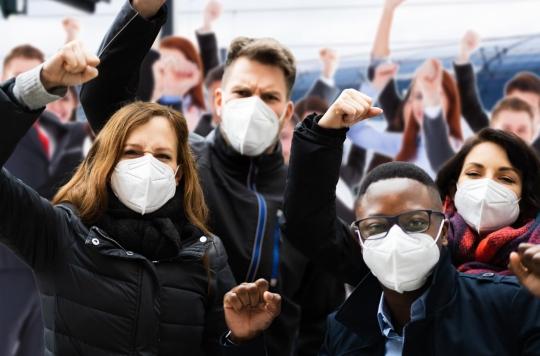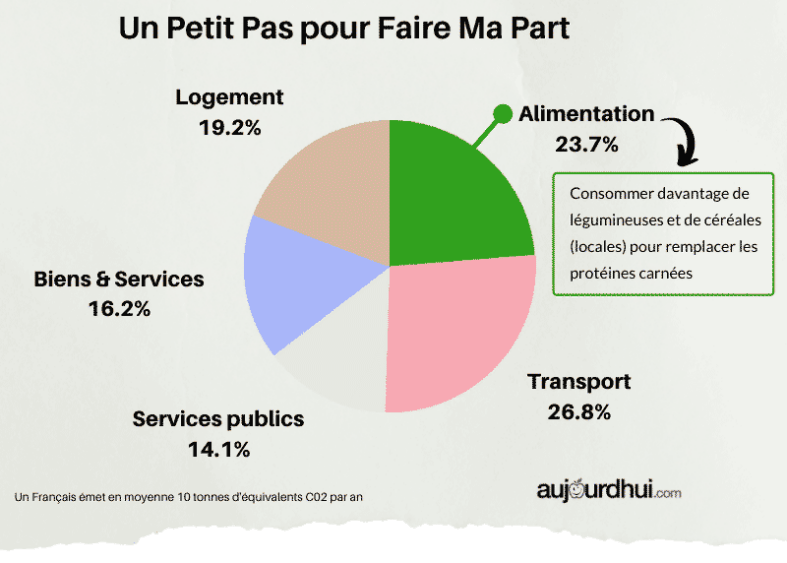Being forced to wear a mask could encourage less consideration of other measures to limit the circulation of the coronavirus.

- The effects of the obligation to wear a mask could against the circulation of SARS-CoV-2 could be limited by less respect for the rules of social distancing
- This would be due to the phenomenon called “risk compensation”.
This is called “risk compensation”. According to a study published on January 10 in the BMJ Global Health and carried out by researchers from the University of Leeds, the effect of wearing a mask on the reduction of contamination by SARS-CoV-2 could be limited by a feeling of security involving more risky behaviors and in particular a relaxation on the reduction of social interactions. This study was conducted using data collected in Bangladesh, but its authors say its findings apply “much wider”.
“Risk compensation” is, for example, when motorcyclists, feeling protected by their helmet, drive faster and less carefully. And that’s what would happen with wearing the mask. In the days after it became mandatory in Bangladesh in July 2020, the number of people’s trips to commercial or leisure areas increased in 7 days by 5.8%, their use of transport by 5.9% and their presence in their workplace by 2.6%. To collect these elements, the researchers used mobility data from Android mobile phones, with people recorded as being either at home, in transport, in commercial areas or at their place of work. And this observed increase in the number of journeys made was “statistically significantly” associated with an increase in cases of Covid-19.
A signal to resume a normal life
“People may have considered the announcement that they would be required to wear a mask as a signal allowing them to resume a normal life”, underlines Dr. Ziad Wadud who led this study and who recalls that “coverings face, when worn correctly can reduce the circulation of the virus”. But for him, the advantages of wearing a mask “could be diminished or completely lost if the message concerning this obligation is not clear and it is not presented as an additional measure to the limitation of movements and interactions. social”.
“As the obligation to wear a mask can lead to this risk compensation effect which can reduce the effectiveness of the measure, it is important that decision-makers take this into account in order to better design prevention policies against Covid-19”, adds study co-author Dr. Sheikh Mokhlesur Rahman.
.

















